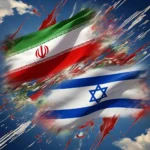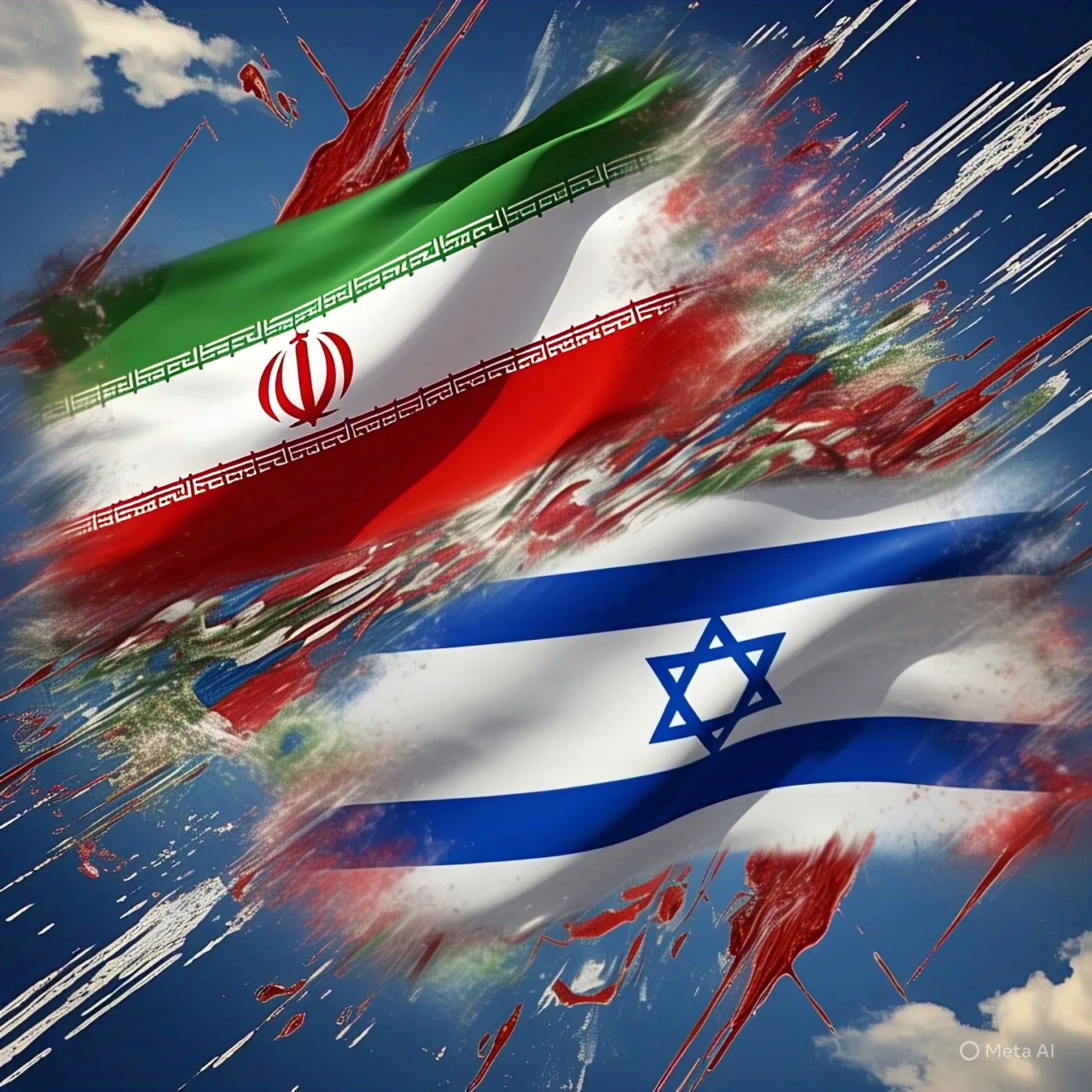The Truth About Israel and India: A Critical Analysis of False Comparisons
In the wake of the tragic terrorist attacks in Kashmir, a concerning narrative has emerged on social media and in public discourse. Many are suggesting that India should respond like Israel, drawing parallels between the two nations and their military approaches. This misguided comparison not only demonstrates a fundamental misunderstanding of Israel’s policies but also ignores the stark differences in values, history, and international standing between the two nations.
Understanding the Reality of Israeli Occupation
Before making such comparisons, it’s crucial to understand what Israel truly represents on the global stage. Israel is widely recognized by international bodies including the International Court of Justice, United Nations, and Amnesty International as an occupying force and colonizer. The Israeli military routinely commits human rights violations against Palestinians through:
- Maintaining checkpoints and roadblocks that restrict movement
- Creating segregated roads where Palestinians are forbidden
- Denying farmers access to their own lands
- Deliberately crippling the Palestinian economy
- Arbitrary detentions without fair trials
- Using family homes as military bases without consent
Former Israeli soldiers themselves have revealed the disturbing reality of their operations. One ex-soldier described how they would forcibly take over Palestinian homes, confining entire families to a single room while converting their house into a military post. Basic human needs like eating, drinking, or using the bathroom required military permission.
Israel’s Military: A System of Oppression
The Israeli military operates as an organized structure designed to oppress Palestinians. Some of their documented practices include:
- Targeting hospitals to destroy medical infrastructure
- Cutting off water, electricity, and food to force starvation
- Deliberately targeting journalists and medical workers
- Conducting organized destruction of civilian infrastructure
- Committing war crimes that soldiers then proudly share on social media
- Stealing land to build illegal settlements with full military support
The Fundamental Differences Between India and Israel
India and Israel couldn’t be more different in their founding principles and international standing:
1. Sovereign Independence vs. Foreign Dependence
India is a fully independent sovereign nation, while Israel depends heavily on U.S. support. Between October 2023 and September 2024 alone, the U.S. spent $22.76 billion on Israeli military operations—approximately 80% of Israel’s annual defense budget.
2. Legitimate Territory vs. Disputed Land
India doesn’t need to create narratives about ancient claims to justify its territorial integrity. Israel, however, bases its claim on land on events from 2,000-3,000 years ago, ignoring the continuous Palestinian presence documented even in Jewish virtual libraries.
3. Secular Democracy vs. Religious State
India is a secular nation with a constitution that guarantees equal rights to all citizens. Israel doesn’t even have a constitution, only operating under a basic set of laws that treat Arab citizens as second-class, with poorer education, fewer employment opportunities, and lower wages.
4. International Standing vs. Global Pariah
India’s motto is “Vasudhaiva Kutumbakam” (The world is one family), while Israel is increasingly becoming an international pariah. Israel’s Prime Minister is wanted for war crimes, and its cabinet ministers face international rejection.
The Real Impact of “Being Like Israel”
What has Israel’s approach actually achieved? Despite claiming they would eliminate Hamas, their actions have resulted in:
- Total destruction of Gaza
- Thousands of civilians killed
- Israeli citizens fleeing the country when possible
- Military reservists refusing to report for duty
- Hamas reportedly recruiting 3,000 new members
This demonstrates that extreme militarism doesn’t solve terrorism—it often strengthens it.
Kashmir’s Reality and What India Should Do
The people of Kashmir, like all humans, simply want a good life for themselves and their families. The recent terrorist attack particularly concerned Kashmiris because it threatens tourism, which is the second-largest contributor to their economy. Those calling for tourism boycotts of places like Pahalgam are acting against both the interests of ordinary Kashmiris and the Indian government’s own policies, which encourage tourism to boost the region’s economy. The terrorist attacks should not be transformed into a communal issue—that’s exactly what terrorists want. Falling into that trap only serves their purpose of dividing the nation.
A Call for Reason and Understanding
Before making reckless comparisons between India and Israel, take the time to understand the reality of Israeli policies and their consequences. Research beyond Hollywood movies and Western media portrayals to see the truth of what’s happening. India’s response to terrorism must be based on its own values and strategic interests, not on emulating a nation that commits systematic human rights abuses. India stands for “Vasudhaiva Kutumbakam”—the world as one family—not isolation and oppression.
Share This Article
If you found this perspective valuable, please share it with others who might be making these misguided comparisons. Understanding the true nature of these nations is crucial for informed discussions about India’s security and international position. Let’s base our discourse on facts rather than dangerous oversimplifications.
Read More:
The Israel-Iran Conflict| Understanding the Geopolitical Chessboard











